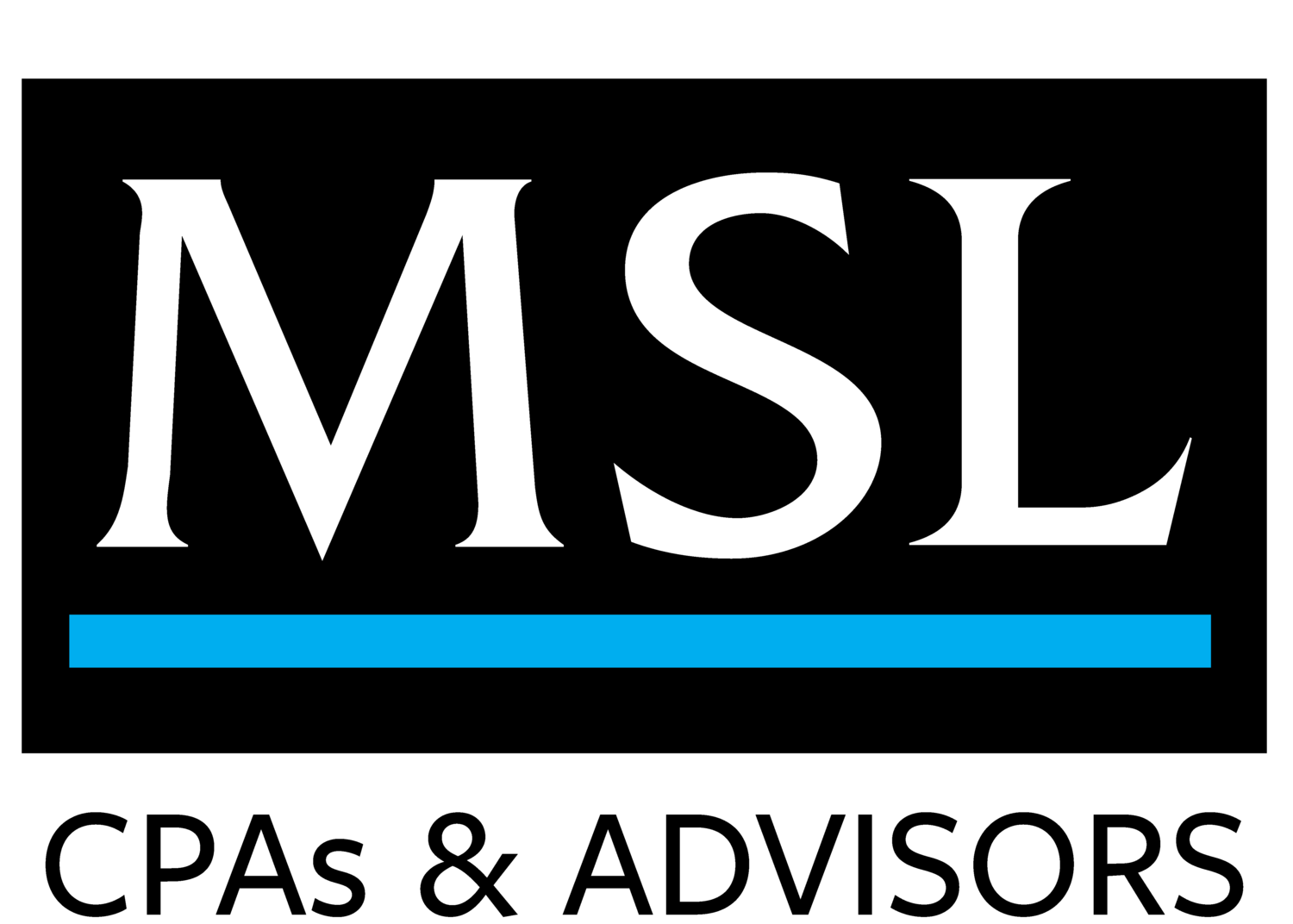Business Provisions of COVID-Related Tax Relief Act of 2020
/Tax Alert 2021-1
The COVID-related Tax Relief Act of 2020 (COVIDTRA) and the Taxpayer Certainty and Disaster Tax Relief Act of 2020 (TCDTR), both part of the Consolidated Appropriations Act, 2021 (CAA, 2021), contains numerous provisions related to businesses. Below is a summary of those provisions.
Clarification of Tax Treatment of Covered Loan Forgiveness
Current Law and Guidance
CARES Act Sec. 1102 provides that a recipient of a PPP loan may use the loan proceeds to pay payroll costs, certain employee benefits relating to healthcare, interest on mortgage obligations, rent, utilities, and interest on any other existing debt obligations. If a PPP loan recipient uses their PPP loan to pay those costs, they can have their loan forgiven in an amount equal to those costs. PPP loan forgiveness doesn't give rise to taxable income and the Code generally doesn't allow a taxpayer to deduct expenses that are paid with tax exempt income.
New law. COVIDTRA clarifies taxpayers whose PPP loans are forgiven are allowed deductions for otherwise deductible expenses paid with the proceeds of a PPP loan, and that the tax basis and other attributes of the borrower's assets will not be reduced as a result of the loan forgiveness.
Effective date. This provision is effective as of the date of enactment of the CARES Act.
Clarification of Tax Treatment of Certain Loan Forgiveness and Other Business Financial Assistance under the CARES Act
Current Law and Guidance
The CARES Act expanded access to Economic Injury Disaster Loans (EIDL) and established an emergency grant to allow an EIDL applicant to request a $10,000 advance on that loan. The CARES Act also provided loan repayment assistance for certain recipients of CARES Act loans.
New law. COVIDTRA clarifies that gross income does not include forgiveness of EIDL loans, emergency EIDL grants, and certain loan repayment assistance. The provision also clarifies that deductions are allowed for otherwise deductible expenses paid with the amounts not included in income, and that tax basis and other attributes will not be reduced as a result of those amounts being excluded from gross income.
Effective date. The provision is effective for tax years ending after March 26, 2020, date of enactment of the CARES Act.
Authority to Waive Certain Information Reporting Requirements
Current Law and Guidance
Generally, Code Sec. 6050P and Reg §1.6050P-1 and Reg §1.6050P-2 require a lender that discharges at least $600 of a borrower's indebtedness to file a Form 1099-C, Cancellation of Debt, with IRS, and to furnish a payee statement to the borrower.
New law. The COVIDTRA provision allows the Treasury Department to waive information reporting requirements for any amount excluded from income by the exclusion of covered loan amount forgiveness from taxable income, the exclusion of emergency financial aid grants from taxable income or the exclusion of certain loan forgiveness and other business financial assistance under the CARES act from income.
Depreciation of Certain Residential Rental Property Over 30-year Period
Current Law and Guidance
The Tax Cuts and Jobs Act allowed real property trade or businesses to elect out of the business interest deduction limitations of Code Sec. 168(j) imposed by the TCJA. In return however, the electing taxpayer had to, for tax years beginning after Dec. 31, 2017, treat the elected-for nonresidential real property, qualified improvement property and residential rental property, as subject to the alternative depreciation system (the ADS). Also, the TCJA changed the ADS recovery period for residential rental property from 40 years to 30 years for property placed in service after Dec. 31, 2017.
New law. For tax years beginning after Dec. 31, 2017, the Act assigns a 30-year ADS depreciation period to residential rental property even though it was placed in service before Jan. 1, 2018 if the property is held by an electing real property trade or business and, before Jan. 1, 2018, wasn't subject to the ADS.
50% Limit on Business Meal Deduction is Suspended for Meals Provided by Restaurants in 2021 and 2022
Current Law and Guidance
Taxpayers may generally deduct the ordinary and necessary food and beverage expenses associated with operating a trade or business, including meals consumed by employees on work travel. The deduction is generally limited to 50% of the otherwise allowable amount.
Code Sec. 274(n)(2) provides certain exceptions to this 50% limit. However, under pre-Act law, there was no exception for meals provided by a restaurant.
New law. Under the Act, the 50% limit won't apply to expenses for food or beverages provided by a restaurant that are paid or incurred after Dec. 31, 2020, and before Jan. 1, 2023.






